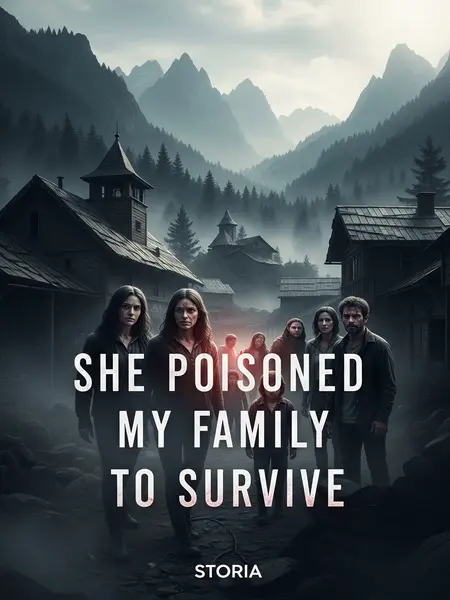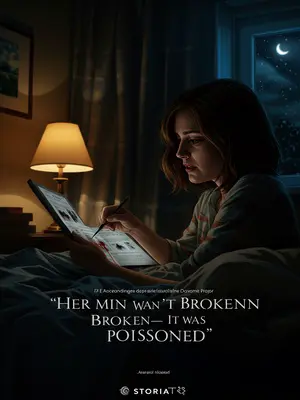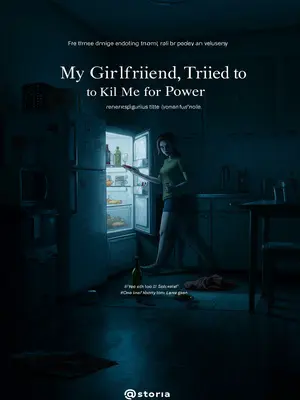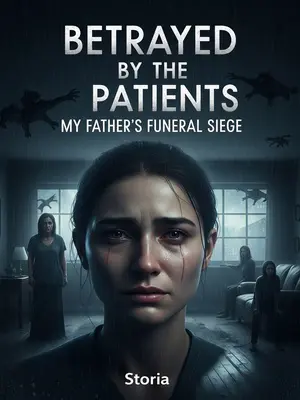Chapter 4: Evidence and Escalation
At first, Captain Jim Lucas told us: “Treat Emily like a missing victim. Find her and keep her safe before anything else.”
His voice was steady, but his eyes flicked to the window—he was a man who trusted his gut more than the law books.
But soon, we had to rethink everything.
Nothing about this case was simple.
Emily was definitely not just a victim.
The evidence said as much, even when the story didn’t add up.
Because the crime scene gave us plenty to work with.
Our CSI team swept the kitchen, dusting for prints, cataloging every weird bottle and stain on the counter.
First, we found traces of bottled organophosphate pesticide—malathion.
Malathion was common in these hills—everybody kept it under the sink to keep bugs off the beans. But the amount missing was more than a little.
The medical examiner spelled it out: just a whiff could make you dizzy, sick, sweating, and in bad cases, paralyzed or dead.
That alone wasn’t enough to point the finger at Emily.
Plenty of people had access. But the timing made it more than a coincidence.
At the same time, we found another glass bottle with purified malathion inside.
This wasn’t something you’d find in a barn—this was careful, deliberate chemistry.
After purifying the malathion, it was colorless, odorless—easy to slip into food.
A homemade evaporation-condensation device, built from old glass bottles, sat in the kitchen corner.
It looked like something out of a high school science fair, or maybe a college dorm prank.
Truth is, back then, only someone with college smarts could rig up something like that.
Folks here knew tractors, not distillation rigs.
From this, we pieced together how Emily might’ve done it—
Every step pointed to someone with patience, know-how, and a burning reason to act.
She pretended to give in, acting like she’d accepted her fate and started helping the Mitchells.
Neighbors remembered seeing her hang laundry, help with chores—her face blank, eyes far away.
After several days, the Mitchells thought she’d really submitted.
Small towns have a way of smoothing over ugly stories, pretending everything’s fine until it’s not.
Then she started using the household pesticide to brew up a tasteless poison and slipped it into their food.
Nobody noticed any change—just another girl in an apron, stirring soup, voice barely above a whisper.
After the three Mitchells ate the poisoned food and couldn’t fight back…
The silence that followed was suffocating. No shouting, no struggle—just a slow collapse.
She picked up a kitchen knife and killed them all.
The crime scene said the rest—a bloodbath that would haunt every deputy for years.













